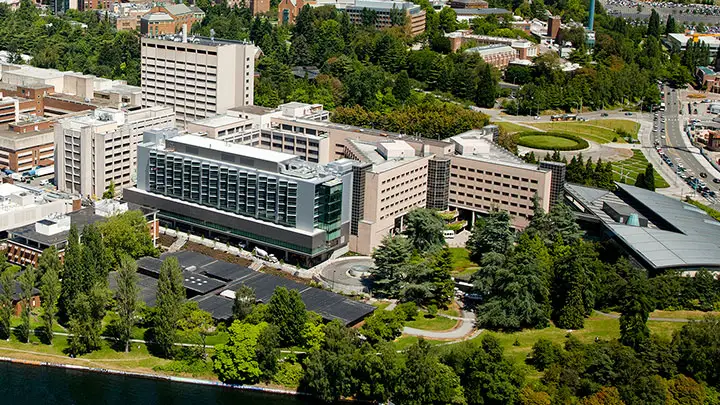
华盛顿大学医学院博士后职位招聘–计算成像和生物学
Postdoctoral research associate position is available at the Department of Radiology, Washington University School of Medicine in St. Louis. The successful candidate will be a member of a highly interdisciplinary team including oncologists, biologists, engineers, and computational imaging/biology scientists. The successful candidate will be engaged in quantitative imaging of multi-modal image features (e.g., radiomics), multi-scale computational biology, and integration across multi-scale data (e.g., multi-omics, pathology, multiplexed fluorescence imaging) to predict response to therapy.
The ideal candidate should have a doctoral degree in medical physics, applied mathematics, computer science, biomedical engineering, mathematical biology, computational systems biology, or related fields with no more than 3 years of previous postdoctoral research experience.
Demonstrated experience in at least one of the following fields is required: artificial intelligence/machine learning, mathematical or computational biology, computer vision, multivariate statistical modeling, optimization, computational pathology, or related fields. Experience in medical imaging is preferred but not required. Evidence of research activity resulting in publications and presentations is highly desirable. The position is initially available for up to two years but can be renewed based on performance.
Interested individuals should send a CV and a brief statement of research goals via email to shoghik@wustl.edu.
Kooresh Shoghi, Ph.D.
Professor of Radiology, Biomedical Engineering, Biochemistry, and Computational Systems Biology
For details about postdoctoral policies and benefits, please visit the Office of Postdoctoral Affairs at: https://postdoc.wustl.edu/prospective-postdocs.
EEO/AA Statement
Washington University is an equal opportunity and affirmative action employer. All qualified applicants will receive consideration without regard to an individual’s sex, race, color, religion, age, disability status, protected veteran status, national or ethnic origin, gender identity or expression, sexual orientation. Women, minorities, protected veterans and the disabled are strongly encouraged to apply.













